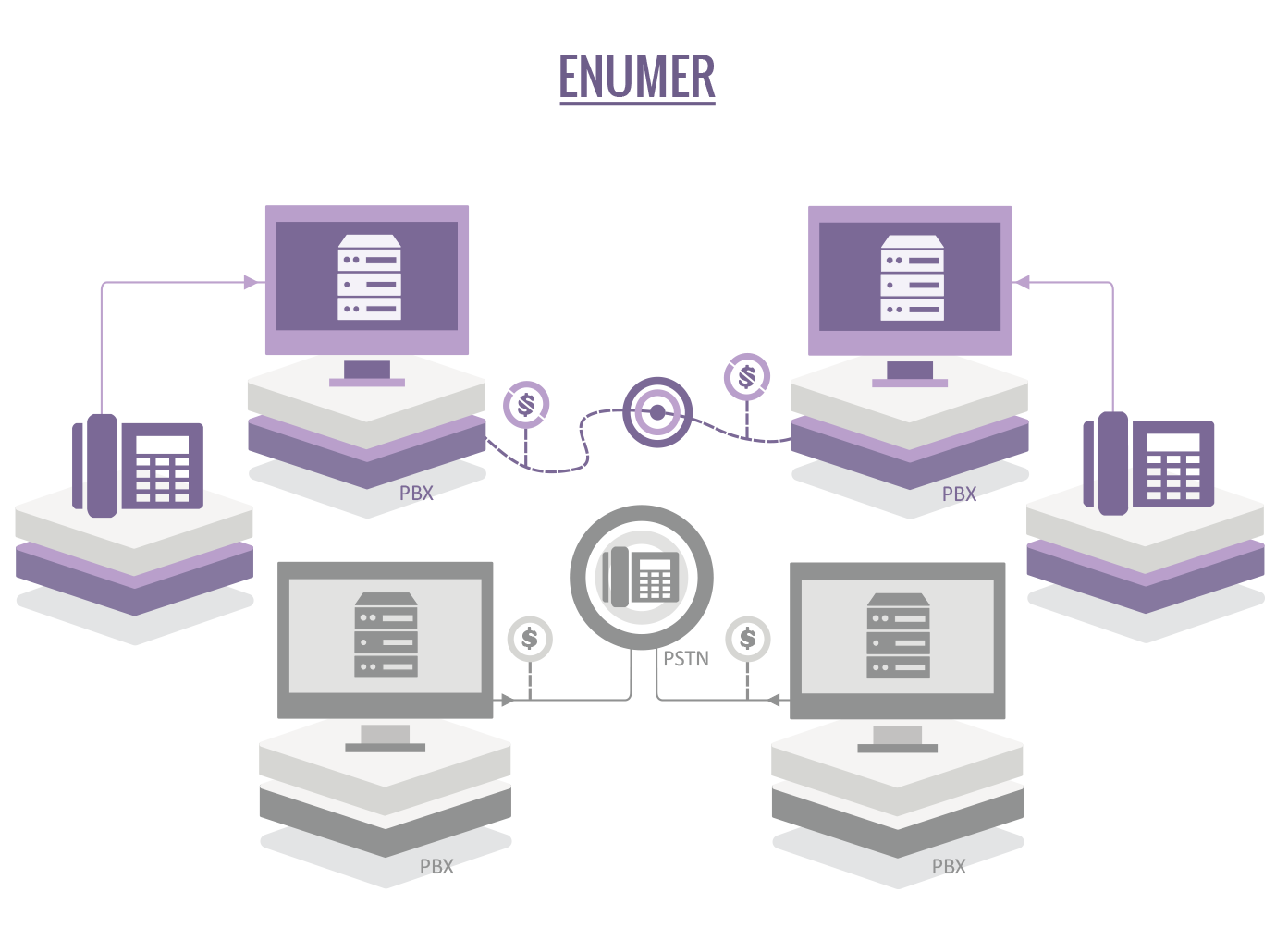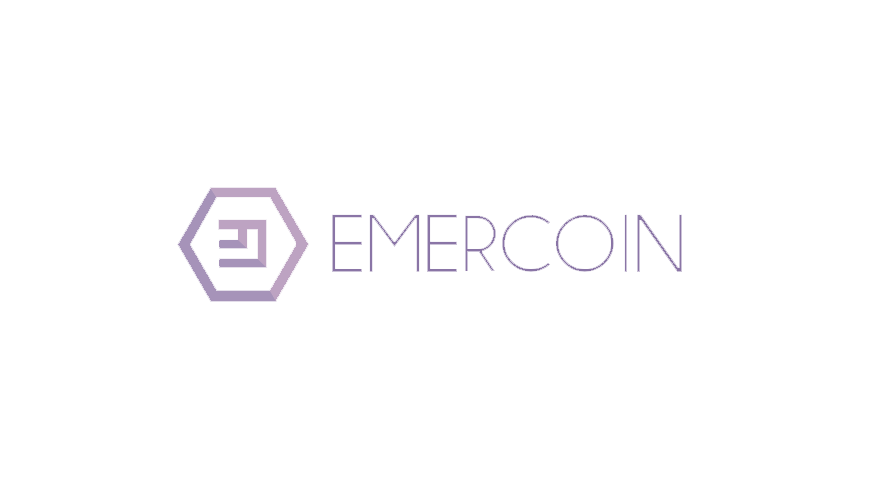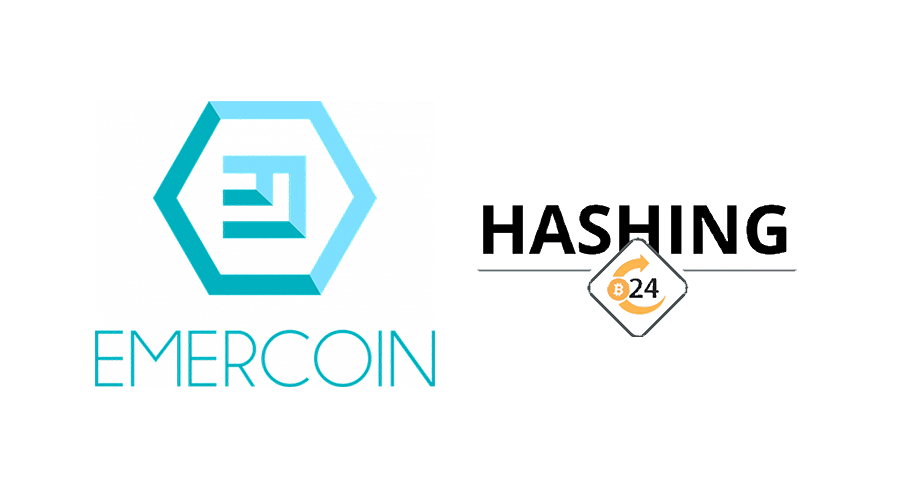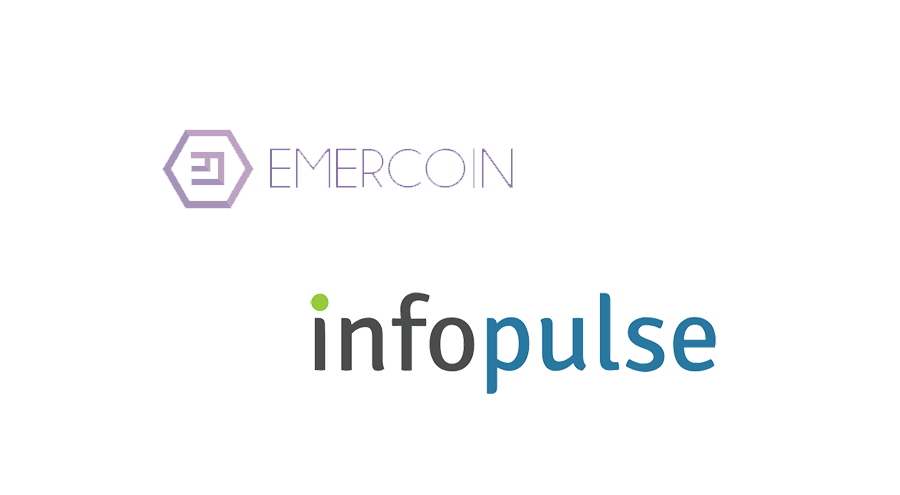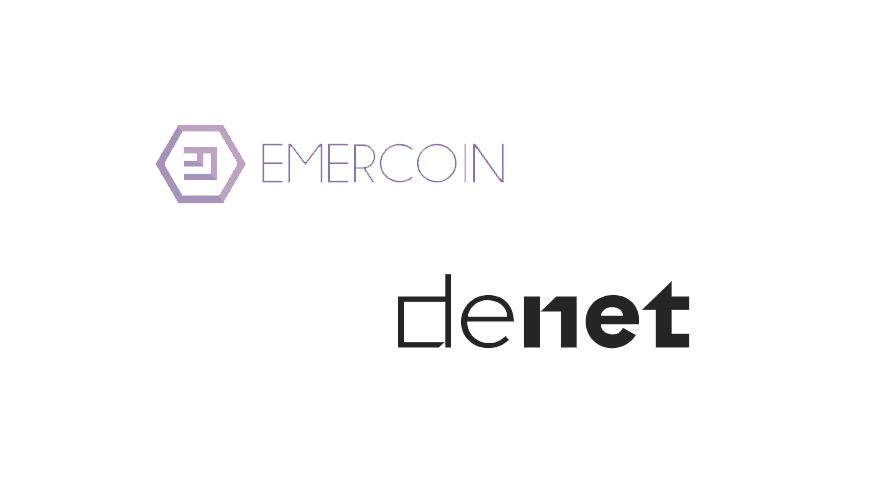Emercoin, a platform for distributed business services today announced that ENUMER, its free blockchain-based VoIP (voice over IP) system, now is a consistent stand-alone service that is being adopted by multiple companies. ENUMER eliminates the need for network providers and enables people to make secure, fast online phone calls.
ENUMER is a dSDK solution that adds reliability, speed, security, and scalability to the telecommunications industry. The new service is a distributed address book built on the Emercoin blockchain that enables users to make free calls directly without going through traditional providers.
Helping to enable the app, Emercoin has partnered with the softphone application Antisip, allowing anyone to benefit from the ENUMER blockchain innovation.
ENUMER can now be used by downloading the Antisip application. Companies like Ezuce, Portaone, Postmet, and Asterik have already adopted the service.
“We called it ENUMER – a combination of Enum (enumerated type) and Emercoin,” said Eugene Shumilov, CEO of Emercoin. “We welcome the crypto community to test the product. You can use our ENUMER service completely based on our resolver nodes – or install yours to achieve amazing connection speed.”
With its integration with the Antisip application, ENUMER is now deployed and ready for use. Users can make calls to any number registered in ENUMER, including all toll-free US numbers, free of charge, regardless of location.
When users register their numbers in ENUMER, they can receive unlimited free calls. This spans toll-free numbers, too – if users registered their toll-free numbers in ENUMER, they won’t pay for incoming calls, delivered by this system.
“Emercoin technology and our ENUMER service can significantly improve the existing telecommunications industry and benefit not only companies but end users as well,” said Kostiantyn Bigus, managing director of Emercoin.
ENUMER delivers significant benefits to consumers by eliminating the volume or time limits that are typically imposed by the PSTN operator and by eliminating the risk of service denial due to network overload and lack of intermediaries.
